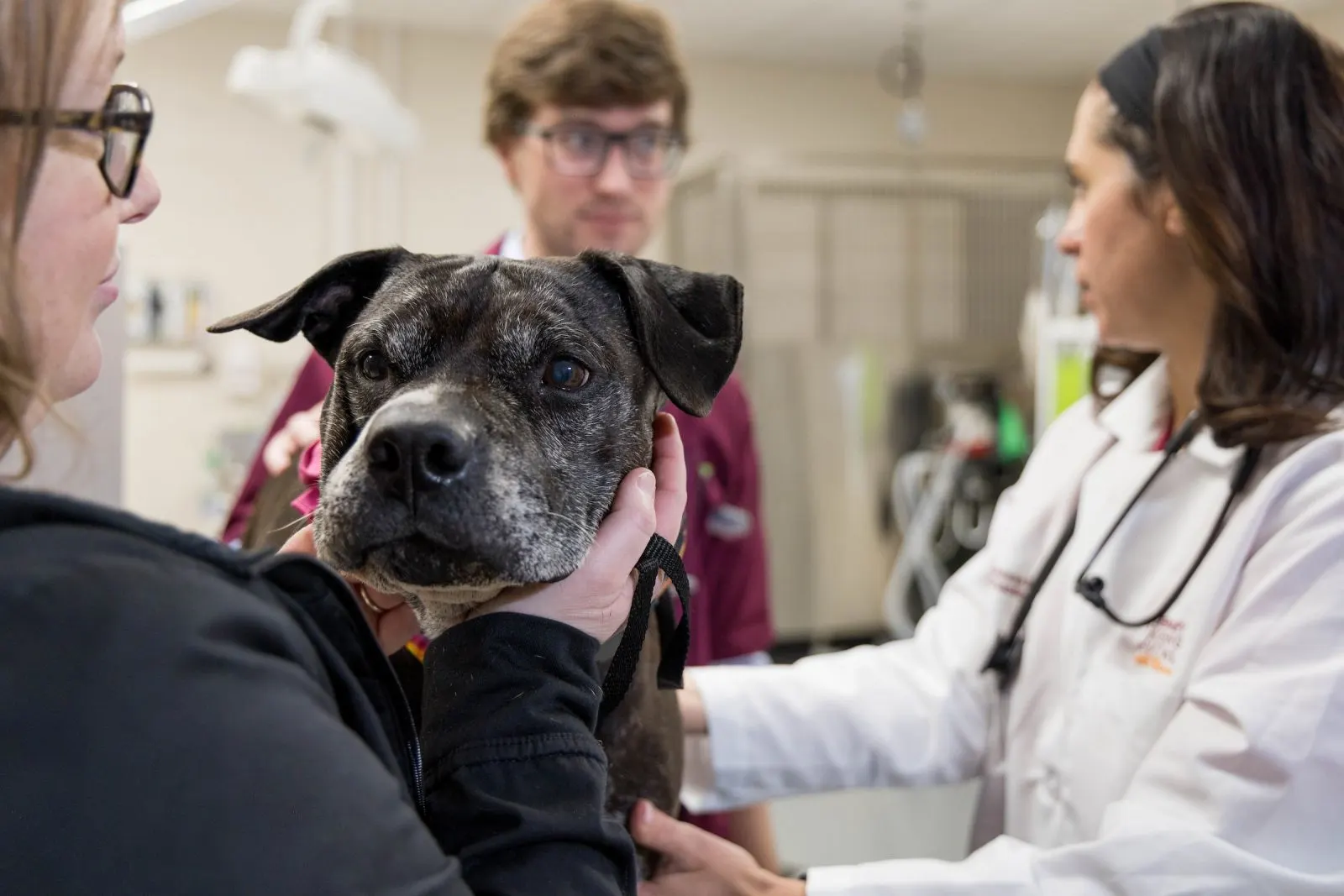It’s no secret that cancer affects our furry friends too.
Certain dog breeds are more prone to specific types of cancer, making regular screening a crucial step for all dog owners, regardless of breed.
But what if there was a noninvasive, rapid test that could detect cancer early? Well, researchers from the College of Engineering, College of Agriculture and Life Sciences, and the Virginia-Maryland College of Veterinary Medicine have made that a reality.
In their groundbreaking study recently published in Frontiers in Veterinary Science, the research team unveiled a new, innovative method utilizing a dog’s urine to detect cancer.
Unlike existing genomic blood tests that can be costly and invasive, this urine test provides a convenient and affordable screening option for dog owners.
By employing a cutting-edge technique called Raman spectroscopy, the researchers examined urine samples from dogs, focusing on the most common cancer types like lymphoma.
Through the analysis of molecular patterns, they discovered that cancerous subjects exhibited a unique “fingerprint” indicating the presence of cancer.
Excitingly, the results were astonishingly accurate.
Associate professor Ryan Senger from the Department of Biological Systems Engineering explains:
“With our research, we achieved over 90 percent accuracy in distinguishing between samples with a cancer fingerprint and those with a healthy fingerprint.”
This breakthrough has numerous advantages over traditional blood tests. Blood tests are often expensive, have a lower accuracy rate of around 60 percent, and require lab processing time.
In contrast, the urine screening provides preliminary insights within minutes, allowing dog owners to take prompt action if cancer markers are detected. Moreover, since it is noninvasive, there is a possibility of conducting the test at home.
Associate professor of oncology at Virginia-Maryland College of Veterinary Medicine, Nikolaos Dervisis, highlights the significance of this advancement, stating:
“Owners could transition from expensive testing every few months to a urine screening once every few months, based on the dog’s cancer risk. This screening would help veterinarians determine if further comprehensive testing is necessary.”
The potential of this research extends beyond early detection. The team aims to utilize the urine test to evaluate a dog’s response to therapy, monitor tumor recurrence, and even explore its application in other animals.
The ultimate goal is to adapt this screening tool for human health studies.
As the study progresses, the researchers aspire to measure responses to medication and chemotherapy in dogs currently undergoing treatment. By observing their progress, they aim to differentiate between diseases, identify drug responses, and unravel the underlying reasons behind them.
Collaborating with other institutions, the team is excited to delve further into how these factors can bring widespread benefits.
With this groundbreaking urine test, dogs have a fighting chance against cancer. It’s a remarkable advancement that brings hope and paves the way for future breakthroughs in veterinary and human medicine alike.

